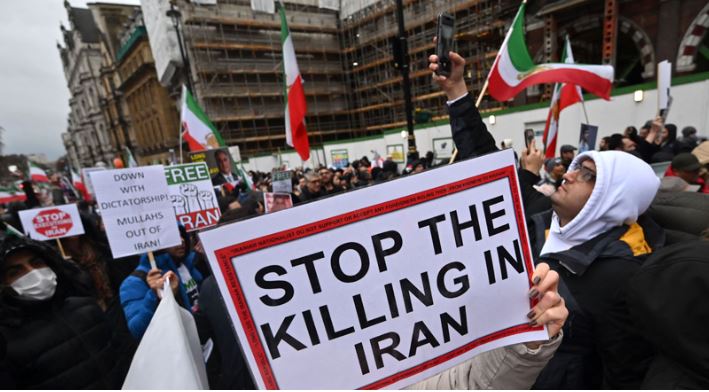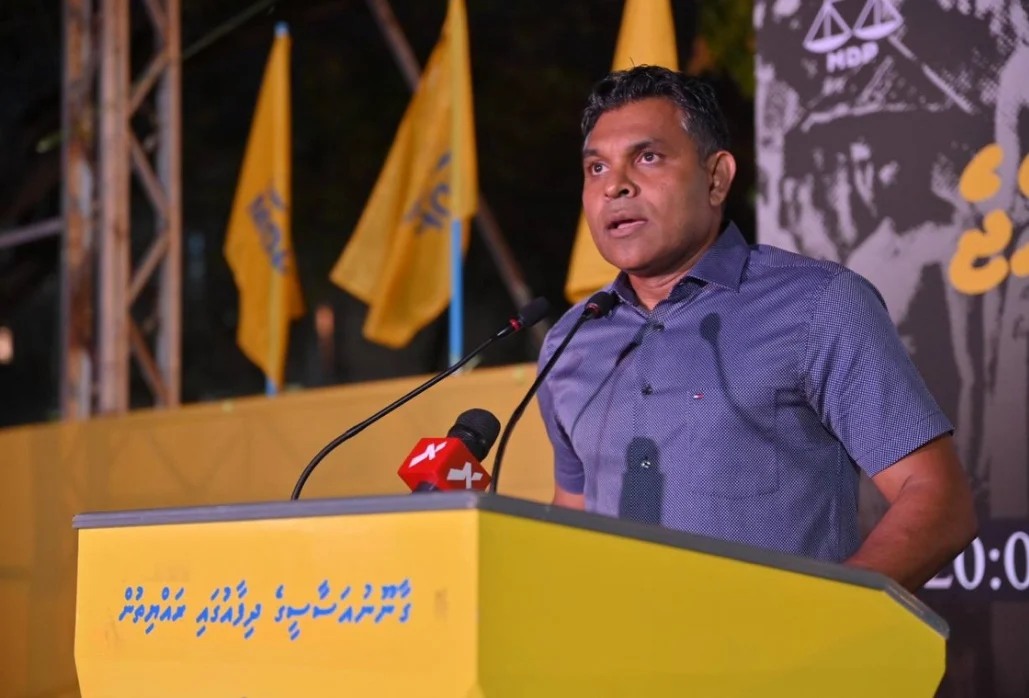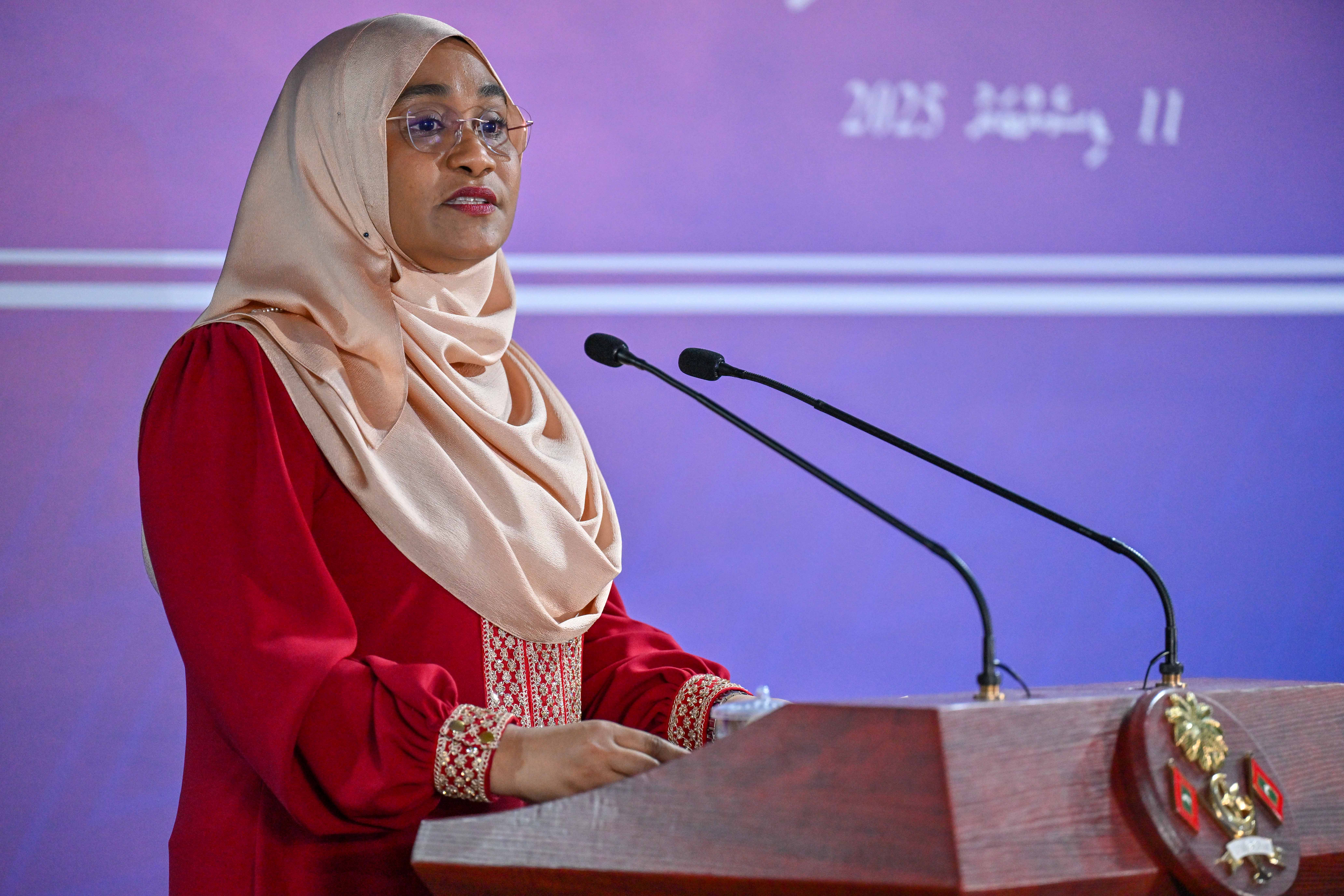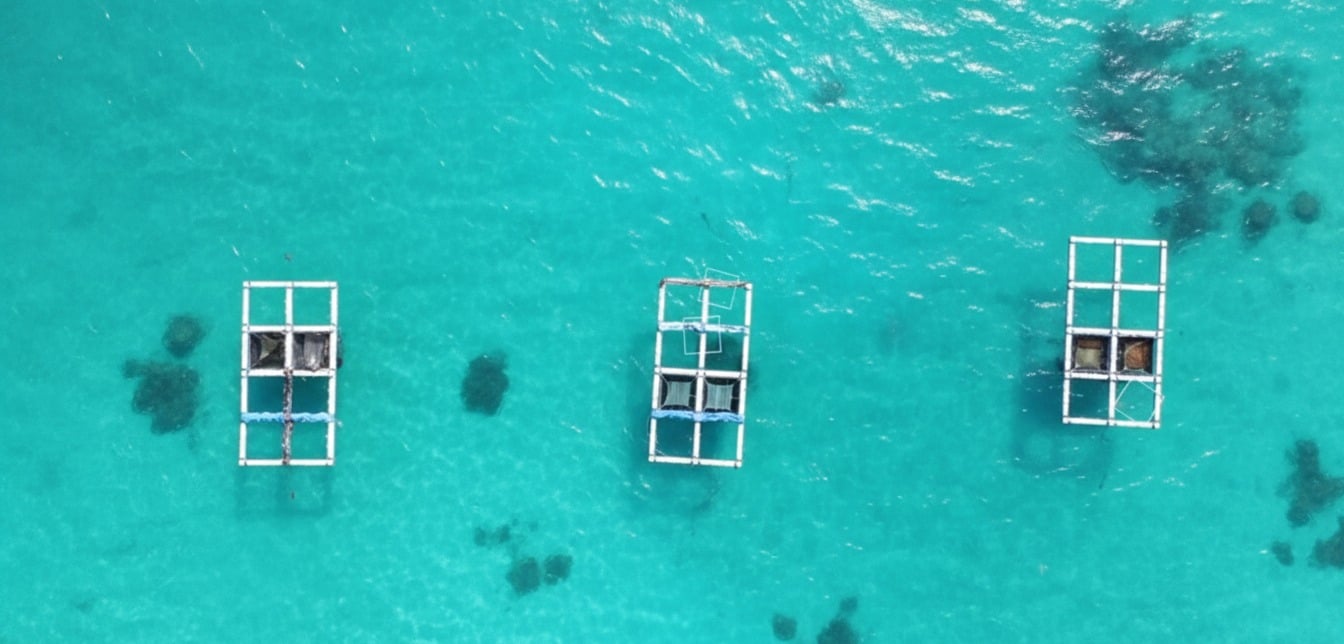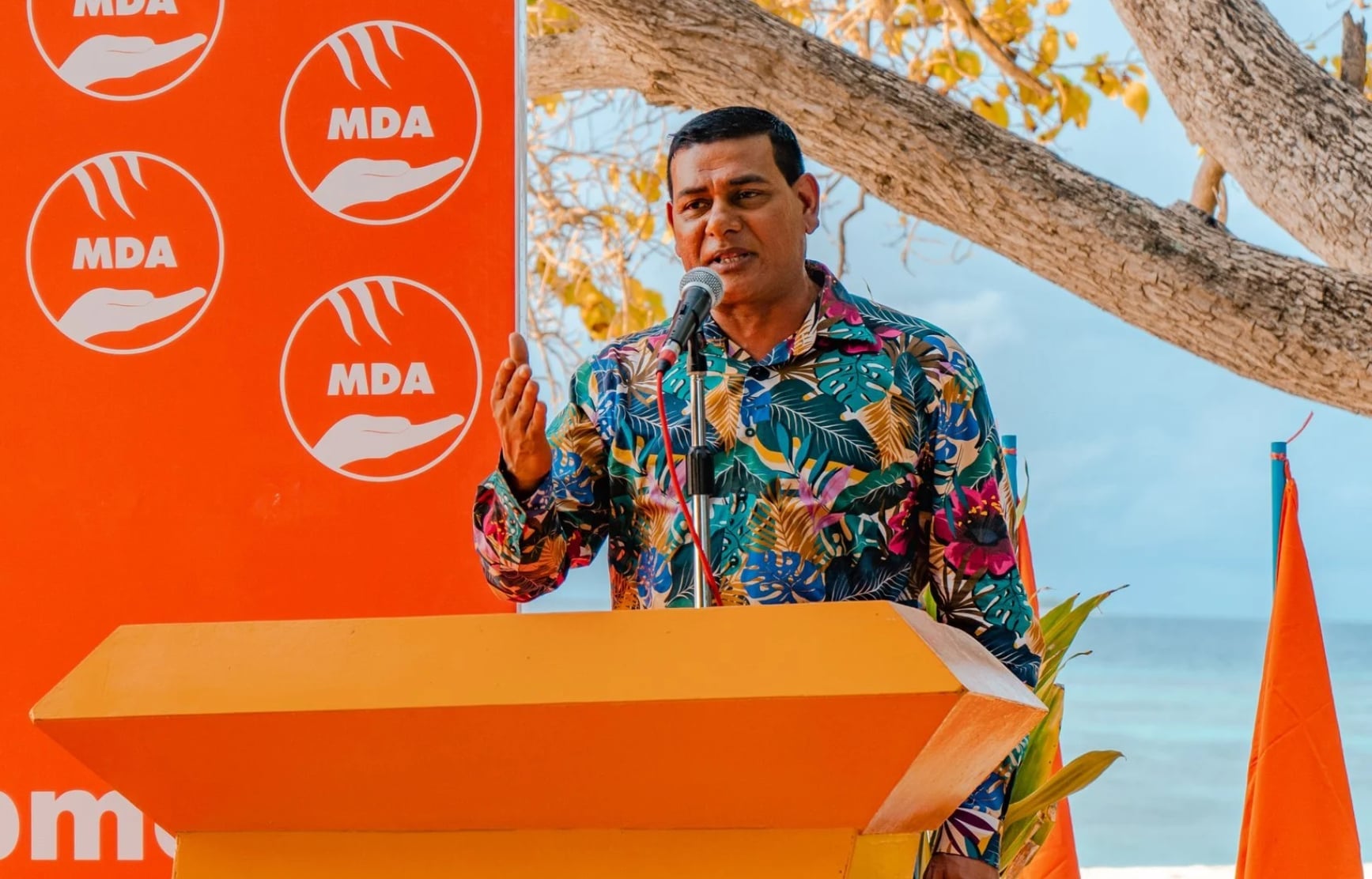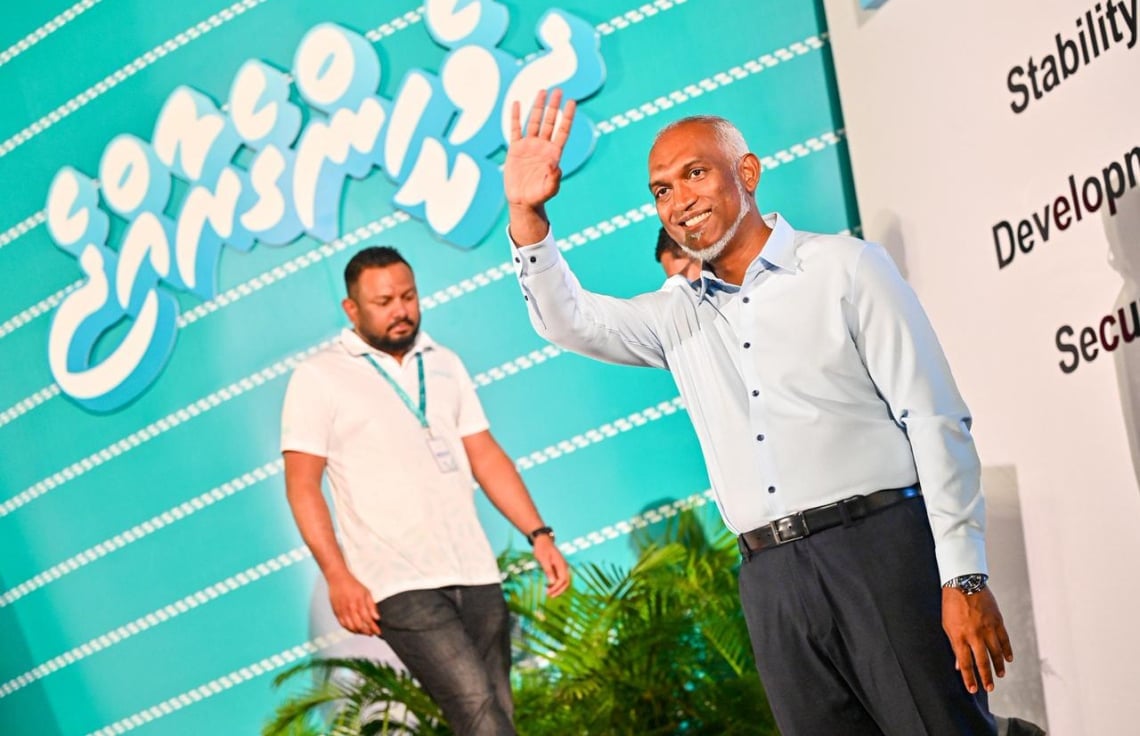Amnesty International has urged Iran to stop executing those given death sentences for participating in anti-government demonstrations.
Amnesty censured the arbitrary executions of Mohammad Mehdi Karami and Seyed Mohammad Hosseini on January 7 and called on the Islamic Republic to halt issuing the death penalty to demonstrators. Amnesty International cautioned that more people imprisoned for their involvement in the nationwide protests that started in September of last year are also in danger of suffering the same fate.
Due to the government's "continuous secrecy" surrounding the application of the death sentence, families of jailed demonstrators are left in the dark about what happened to their loved ones.
“It is abhorrent that the Iranian authorities persist in their state-sanctioned killing spree as they desperately seek to end the protests and cling to power by instilling fear among the public,” said Diana Eltahawy, Amnesty International’s Deputy Director for the Middle East and North Africa.
“The arbitrary executions of Mohammad Mehdi Karami and Seyed Mohammad Hosseini, just days after their death sentences were upheld, reveal how the Iranian authorities continue to wield the death penalty as a weapon of repression, and serve as a chilling reminder that scores of others remain at risk of execution,” she added.
According to human rights advocates, four teenage protesters have been given the death penalty by Iran's judiciary so far after unfair and irregular trials. At least 109 demonstrators face the death sentence or execution, according to the Iran Human Rights Organization, which has its headquarters in Norway.
Amnesty censured the arbitrary executions of Mohammad Mehdi Karami and Seyed Mohammad Hosseini on January 7 and called on the Islamic Republic to halt issuing the death penalty to demonstrators. Amnesty International cautioned that more people imprisoned for their involvement in the nationwide protests that started in September of last year are also in danger of suffering the same fate.
Due to the government's "continuous secrecy" surrounding the application of the death sentence, families of jailed demonstrators are left in the dark about what happened to their loved ones.
“It is abhorrent that the Iranian authorities persist in their state-sanctioned killing spree as they desperately seek to end the protests and cling to power by instilling fear among the public,” said Diana Eltahawy, Amnesty International’s Deputy Director for the Middle East and North Africa.
“The arbitrary executions of Mohammad Mehdi Karami and Seyed Mohammad Hosseini, just days after their death sentences were upheld, reveal how the Iranian authorities continue to wield the death penalty as a weapon of repression, and serve as a chilling reminder that scores of others remain at risk of execution,” she added.
According to human rights advocates, four teenage protesters have been given the death penalty by Iran's judiciary so far after unfair and irregular trials. At least 109 demonstrators face the death sentence or execution, according to the Iran Human Rights Organization, which has its headquarters in Norway.





